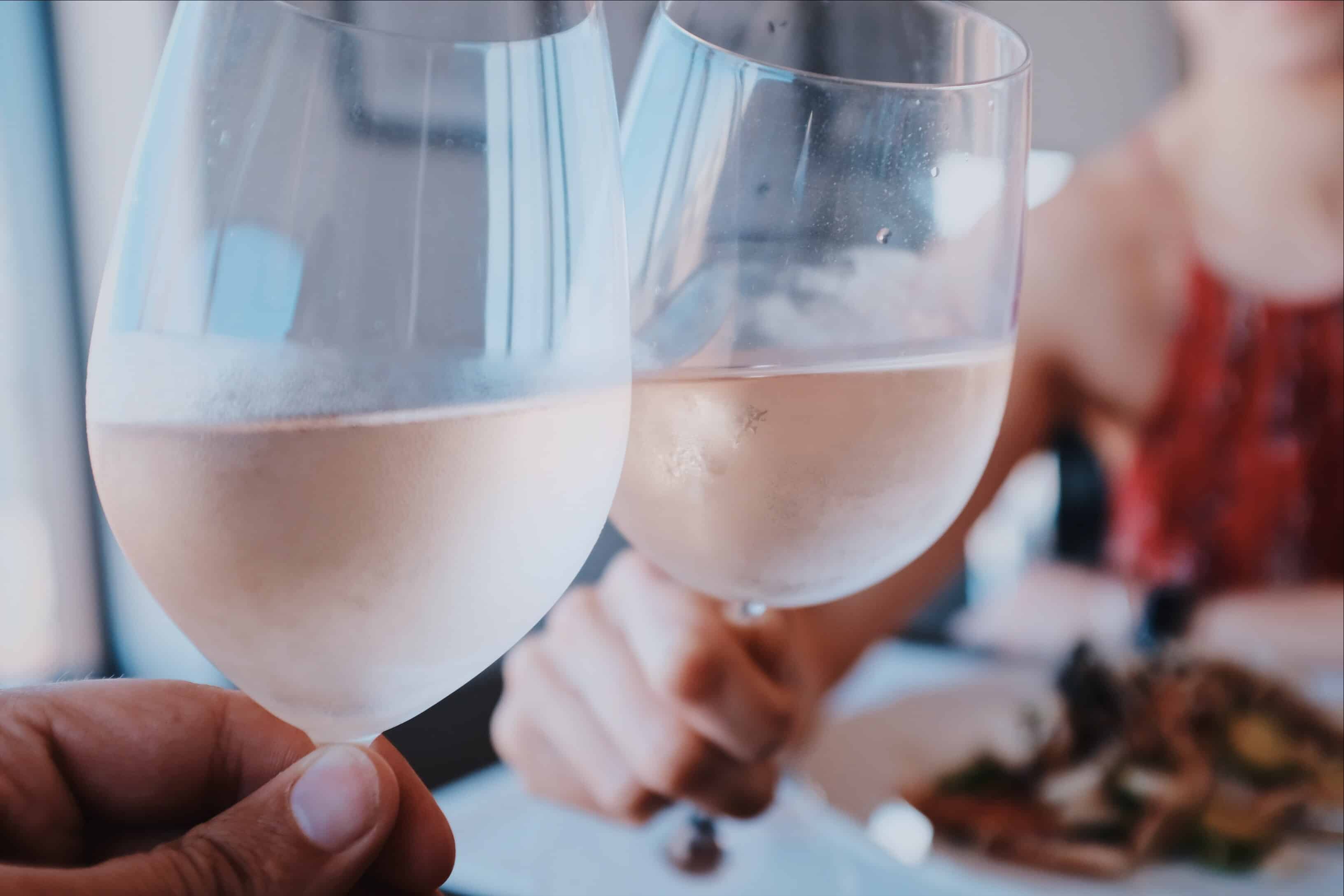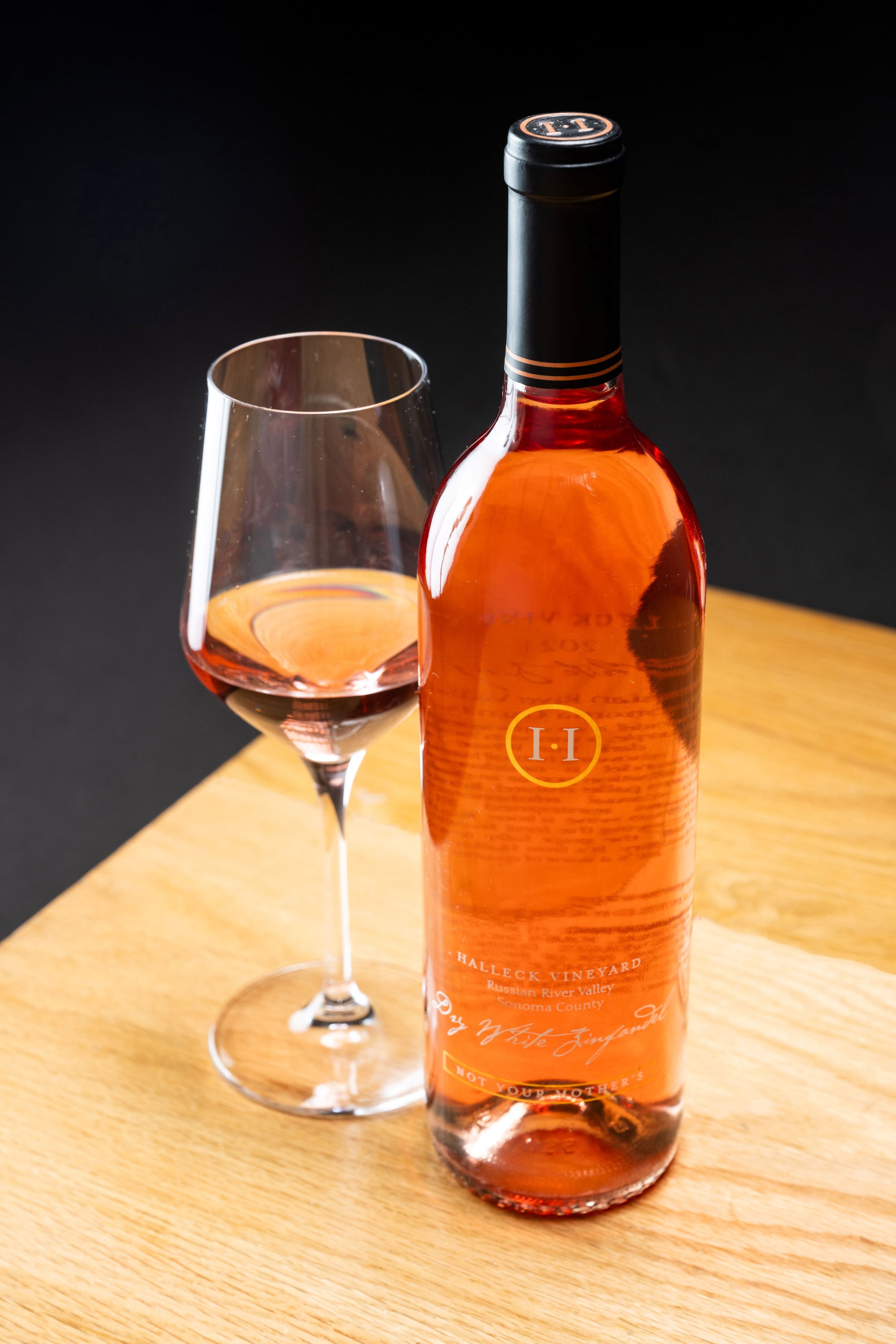Wineries Hosting Seasonal Events - Best Vineyard Visits In Sonoma
Wineries Hosting Seasonal Events - Best Vineyard Visits In Sonoma
Blog Article
Charming Wineries Offering Wine And Food Pairings - Sonoma Vineyard Tours
Wine tasting is an art that requires practice and an understanding of varied features concerned within the course of. One crucial element of wine tasting is the development and interpretation of tasting notes, which serve as a guide for both novices and seasoned connoisseurs. A Guide To Understanding Winery Wine Tasting Notes can enhance your wine-tasting experience, making it more meaningful and pleasant.

Tasting notes are concise descriptions that seize the essence of a wine’s flavors, aromas, and general character. Normally composed by professional tasters, winery tasting notes offer insights into the nuances of various wines. They might help wine enthusiasts perceive what to expect from a particular bottle. However, tasting notes can differ broadly in style and element based on the author's experience and palate.
Wineries Offering Private Events - Best Wine Tasting Spots In Sonoma County
When you first method a glass of wine, your senses will start to have interaction instantly. The sight, odor, and style of the wine will converge to provide you a complete experience. Tasting notes typically begin with the visible assessment, the place the colour of the wine is taken into account. Shade plays a significant function in indicating the wine’s age, grape selection, and even its flavor profile.
After assessing the visual facet, the subsequent step includes swirling the wine in the glass. This action aerates the wine, allowing its aromas to awaken. Smelling the wine supplies crucial perception into its complexity. The initial sniff can deliver a flood of scents that will include fruity, floral, natural, or earthy notes. This is often essentially the most subjective part of tasting, as particular person experiences can dramatically differ.
In winery tasting notes, descriptors are often categorized into main, secondary, and tertiary aromas. Major aromas often stem from the grape variety, secondary aromas derive from fermentation processes, and tertiary aromas arise from getting older. Understanding these categories might help you appreciate the depth of a wine, and so they also provide the vocabulary to express your experience higher.
Wineries Known For Sustainable Practices In Sonoma - Best Wineries For Wine Tasting Sonoma Area
Following the olfactory encounter, your focus will shift to the taste of the wine. This is where the first characteristics—sweetness, acidity, tannins, alcohol—come into play. Tasting notes typically detail these flavors in multiple dimensions, including the preliminary attack on your palate to the lingering end in your tongue. A high-quality wine will present a harmonious balance between these factors.
Whereas tasting, it's important to ponder the body of the wine, which can be described as light, medium, or full. The body contributes significantly to your general impression, helping you consider how the wine pairs with food or whether or not it stands alone as a sipping wine. Balancing the body with the other characteristics will give you a fuller understanding of what the wine has to supply.
The end of the wine, also referred to as the aftertaste, is another important side typically included in tasting notes. A long, nice finish often indicates a better quality wine, whereas a short or cloying aftertaste might suggest in any other case. Evaluating the finish can supply further insight into the wine's complexity and distinction.
Understanding the context of winery tasting notes is also useful. Tasting notes can present contextual information about the winery's location, why not try this out climate, and grape-growing practices. This context provides another layer of appreciation for the wine, allowing enthusiasts to connect the sensory experience with its origins, thus enhancing the enjoyment additional.
Wineries Known For Their Beautiful Gardens - Scenic Wineries Of Sebastopol
Many wineries provide tasting notes on their websites or labels, usually written in an approachable but informative style. However, not all winery tasting notes are created equal. Some could also be overly technical, whereas others may prioritize advertising flair over insightful evaluation. Studying to navigate these notes can arm you with the information to make informed selections when choosing wines.
Participating in tastings at wineries can even deepen your understanding of wine tasting notes. Interacting with educated employees can give you a extra hands-on approach to exploring completely different wines and the language used to describe them. Wineries Providing Guided Vineyard Walks. You May have the chance to ask questions, interact in discussions, and potentially refine your palate in real time.
Experimentation is essential for mastering wine tasting notes. As you pattern completely different wines, strive making your individual notes. Focus on describing the wine’s shade, aroma, style, and finish. Over time, you’ll develop a private vocabulary that resonates along with your sensory experiences. Each note you create will help refine your palate, permitting you to appreciate wines at a deeper level.
Wineries Providing Guided Vineyard Walks - Scenic Wineries Of Sebastopol
In conclusion, a Guide To Understanding Winery Wine Tasting Notes provides a complete framework for diving into the world of wines. It equips you with the methods and language essential to articulate your experiences. Whether Or Not you're a casual drinker or a devoted aficionado, understanding and utilizing tasting notes can profoundly influence your wine journey. This information not only enhances your enjoyment but also connects you deeply with the rich narratives each bottle tells. By embracing this journey, you become a part of the attractive mosaic of wine tradition, the place each sip unveils a model new story waiting to be discovered.
- Wine tasting notes typically embody a selection of sensory descriptions, including aroma, flavor, acidity, body, and end, permitting tasters to completely respect the wine's characteristics.
- To enhance your understanding, familiarize your self with frequent wine terminology similar to "tannins," "oakiness," or "terroir," which might help decipher the notes more successfully.
- A systematic method to tasting includes first visually assessing the wine's colour and clarity, adopted by swirling to launch aromas, then inhaling and describing what you experience.
- Taking notes during tasting can help establish patterns over time, bettering your palate and making it easier to recall preferences for future selections.
- Don't overlook the affect of food pairings; tasting notes can differ significantly when a wine is enjoyed with complementary flavors, altering notion and delight.
- Pay attention to the wine’s vintage, as climatic conditions in a given 12 months can significantly have an effect on the final product, including another layer to the tasting notes.
- Consider the winemaker's style and philosophy, which might shape the wine's profile and impact how its notes evolve with every sip.
- Working Towards with completely different grape varieties can broaden your vocabulary; every kind brings distinctive traits that can improve your capability to articulate tasting notes successfully.
- Partaking with wine professionals or attending tasting events can provide valuable insights, providing a richer context for understanding personal tasting notes.
- Remember that tasting is subjective; particular person preferences and experiences will form one’s interpretation of the identical wine, enriching the general enjoyment of wine exploration.
What are wine tasting notes?
Wine tasting notes are descriptive comments made by tasters about the look, aroma, style, and finish of a wine. They present an outline of the wine's traits and may help consumers perceive the style and high quality of the wine.
Wineries Featuring Seasonal Wine Events In Sonoma - Sonoma County Wine Tasting Locations
Why are tasting notes important when selecting wine?
Tasting notes can guide you in choosing a wine that suits your palate. They present insights into flavors and aromas, helping you to match wines with food or occasions. Understanding these notes enhances your general wine experience.
How ought to I read wine tasting notes?
(Wineries Featuring Vineyard Tours)
Wineries With Estate-Grown Grapes - Discovering Sonoma Area Wineries

When studying wine tasting notes, take note of the structure: search for descriptions of color, aroma, flavor, and end. This will allow you to grasp the wine's profile and determine if it aligns along with your preferences.
What terms commonly appear in wine tasting notes?
Widespread terms embrace "tannin" (the structure), "acidity" (the crispness), "physique" (the weight), and various flavor descriptors like "fruity," "earthy," or "spicy." Familiarizing your self with these phrases can deepen your understanding of wine.
Best Pinot Noir Wineries In Sebastopol - Sonoma's Premier Wine Tasting Events

Can I create my own tasting notes?
Yes! Writing your personal tasting notes over here can enhance your wine tasting experience. Focus on your observations of taste, aroma, and different sensory traits. This personal practice may help you refine your palate over time.
How do I establish the aromas in wine tasting notes?
Wineries Offering Private Events - Best Winery Located In Sonoma
To establish aromas, practice smelling quite a lot of scents and associating them with wines. Swirl the wine in your glass to release its aromas, then take a moment to breathe in deeply before identifying any outstanding scents.

What is the difference between professional and private wine tasting notes?
Professional tasting notes may use more technical language and particular terminology, whereas personal tasting notes are subjective and reflect particular person experiences. Each are valuable for understanding and enjoying wine, however personal notes could resonate more together with your distinctive tastes.
How can tasting notes enhance my wine appreciation?
Upcoming Wine Festivals In Sonoma County - Discovering The Vineyards Of Sonoma County
Tasting notes can improve your appreciation by serving to you to grasp and articulate the complexities of wine. They encourage conscious tasting and supply a framework for comparing totally different wines, resulting in a richer enjoyment of the beverage.
Are there any apps or tools to help with wine tasting notes?
Yes, there are several apps designed to assist customers document and arrange their tasting notes. These tools often provide options like flavor wheel guides and wine database searches, making it simpler to track your journey through different wines. Report this page